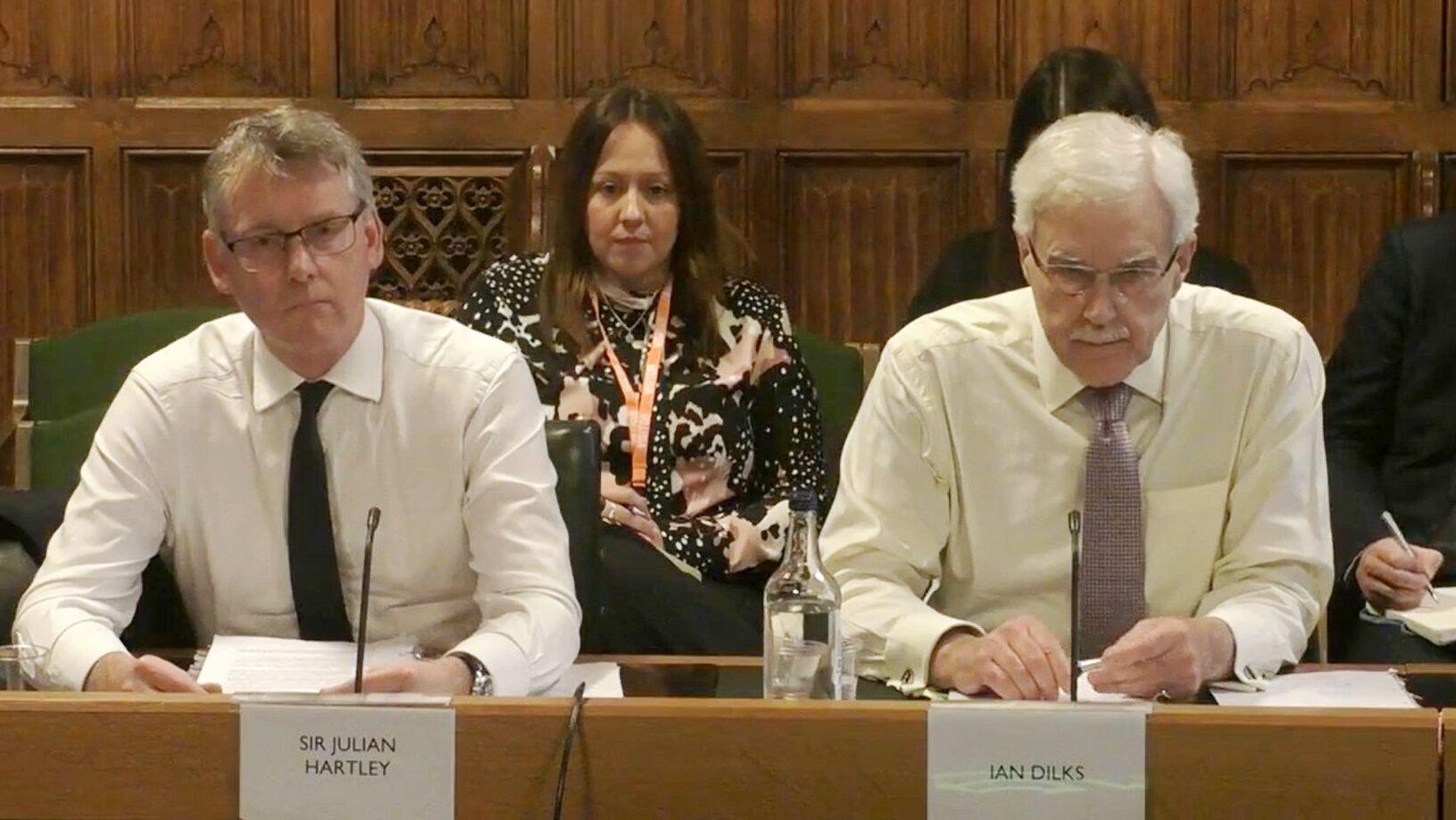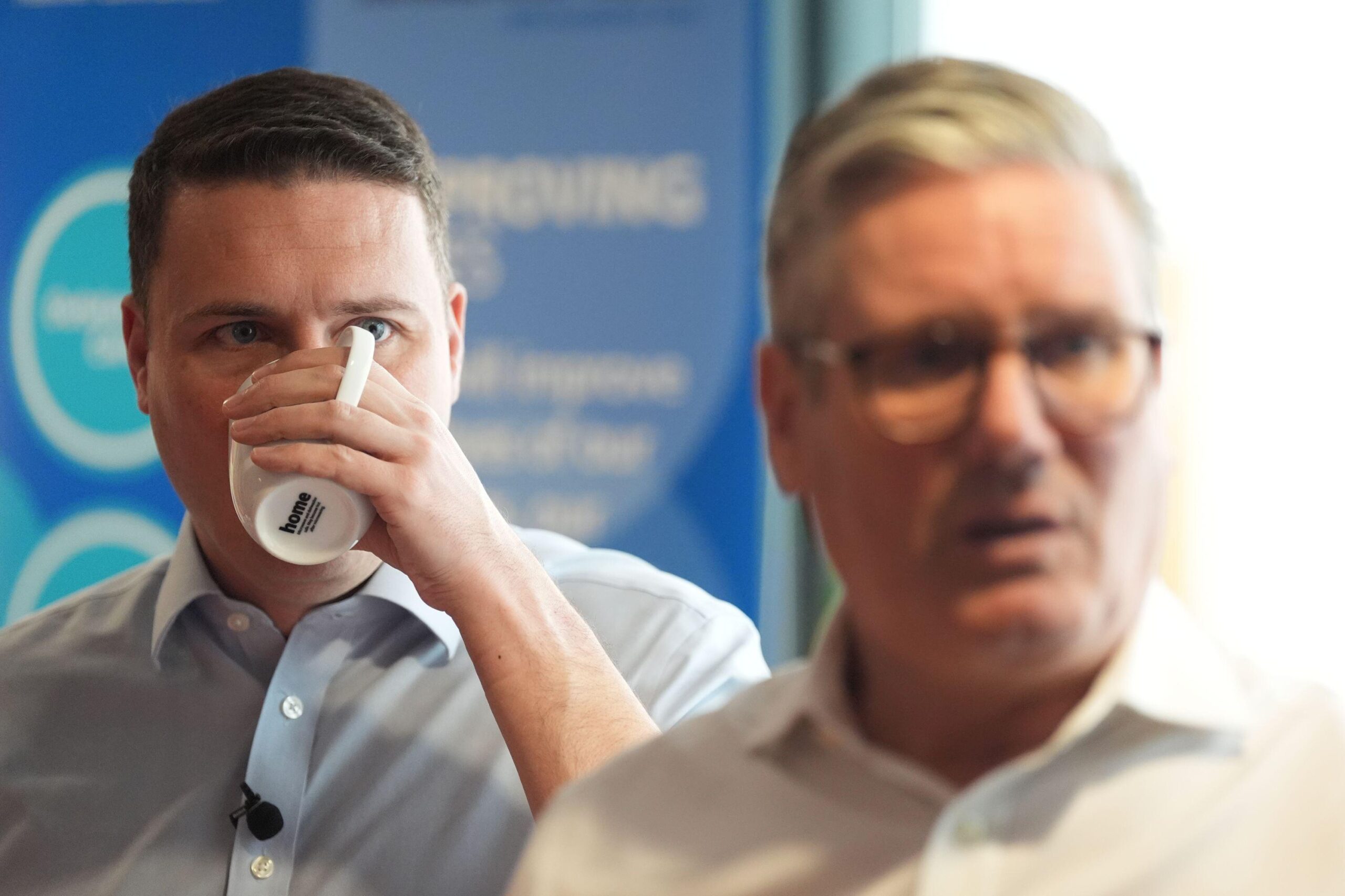Staff training: lessons in collaboration
We spoke the managers who have transformed staff training across NHS Wales, cutting costs, raising quality and boosting compliance.

“I remember the bad old days, when people used to do everything separately, and work in competition rather than collaboration,” says Julie Rowles, the joint director for workforce and organisational development at Powys Teaching Health Board. “People were all off developing products with slight variations. But this project has pulled together all those good ideas; all that knowledge and expertise.”
Rowles is thinking back to the early 2000s, when each of Wales’s ten health boards and trusts ran their own training courses for the ten statutory and mandatory ‘Level 1’ competences – such as infection control, fire, data protection and safeguarding. Helen Thomas, the deputy electronic staff record (ESR) programme director at NHS Wales, explains that because each employer had its own set of standards, “people moving between organisations – and there’s significant churn across NHS Wales – had to repeat training, as there was no ability to evidence what competence had been achieved.”
So every time an employee left one NHS organisation for another, they’d have to undertake another ten training courses – not because their skills were out of date, but because their new employer didn’t recognise the courses run by their previous one. And along with this duplication, there was huge waste in the system: most employers paid external training providers to develop, run and license courses – and every time evolving best practice or new regulations required a course to change, they’d all have to pay a new set of fees.
Wasteful duplication
“People were using different learning platforms, and had different names for very similar learning outcomes and courses,” explains Thomas. “There were a lot of licence fees being incurred, and those costs meant we were restricted in sharing content. There was very little doing things once!”
Meanwhile, at the national level, the lack of a pan-Wales staff records ‘dashboard’ made it impossible to ensure that the whole workforce was up to date with mandatory training courses. “There was nowhere the Welsh Government could go to get accurate figures on compliance across Wales,” explains Julie Rogers, the technology enabled learning (TEL) programme manager at NHS Wales Shared Services Partnership. “They’d have to do a ring-round, and they were never comparing apples with apples. It was quite muddy waters!”
Enter Paul Schanzer, then leading on e-learning at a Welsh trust. In 2005 “we were all up against the same pressures,” he recalls. “And we all wanted the same thing, but we were going about it in our own ways.”
Schanzer saw “the potential – in terms of economies of scale, accessibility, savings – to make e-learning courses available across Wales”. But he couldn’t get funding for a national project, so instead he ganged up with a few like-minded colleagues to build a platform based on the Open University’s open source system. “We were all doing this in addition to the day job, because we knew it would make our lives easier some way down the road,” he remembers. “We shared the same passion; the same vision. We understood what we wanted to achieve.”
That goal was to build a single e-learning platform, offering a standardised set of courses and linked into a national electronic staff record dashboard – enabling staff to move organisations without repeating courses, and giving NHS Wales clear oversight of compliance across the country. If the NHS owned the course content and delivery platform, there would be a dramatic fall in development and licence fees. Economies of scale would generate further savings, as would the reduction in administrative work; and the ability for staff to carry qualifications between employers would avoid a huge amount of wasted time and money in unnecessary training courses.
The project started small, but as the benefits became obvious and budget cuts loomed, national health leaders endorsed and adopted it. “Austerity’s helped – when funds are tight and something’s cost-effective, people jump on it,” says Schanzer. “That forced their hand, and we welcomed them with open arms!”
With Helen Thomas and other colleagues, Schanzer developed the system and began engaging with the ten ‘subject matter expert’ (SME) panels, which bring together specialists from each employer. Each panel would have to hammer out a standard course acceptable to every trust. “We started with the frustrations that everyone was feeling, and offered to help each group get consistent training across the board,” recalls Rogers. “And we worked with them not to force change, but suggesting ways in which we could improve the system.”
Asked how they persuaded each SME group to agree a common syllabus, both Rogers and her colleague Karen Price – a TEL manager – are unanimous: “Patience!” Working with one ambitious SME group, the team built a ‘proof of concept’ to show how the system could work. And they compromised on the goal of fully-standardised courses, allowing individual employers to populate 20% of each course with information specific to that organisation.
Nonetheless, recalls Rogers, they were often told by SMEs that a particular organisation’s course was simply too specialised and couldn’t be lined up with the NHS-wide offer. “But drilling into the detail, they weren’t that different. We got to the point in some meetings where we’d go through individual courses slide by slide, and they’d be challenging each other.” Eventually, says Price, their patience paid off: “Now we have good relationships with all of them. Without their buy-in, we wouldn’t have been able to make progress.”
The team also threw themselves into communications and consultation work with staff at the ten employers: “They didn’t roll over at any point,” says Rogers. “Some meetings were quite heated, but we always listened to their concerns and came back with an answer. I think they appreciated that.”
Asked how the team won over staff such as her Powys colleagues, Julie Rowles is clear: “By ensuring that what they designed met the needs of the service, and taking people’s input on board without being paralysed by it,” she replies. “They’ve made sure that the project delivers – and that’s what wins people over.”
With the system up and running, the number of Welsh NHS courses in these competences has fallen from 100 to 10; and now, says Rogers, staff “complete the training once and their record goes with them to new organisations”. Each employee receives automated warnings when they’re due a refresher course, and they can complete them online whenever and wherever’s convenient. That saves a huge amount of time, explains Rowles: “If you’ve got a massive geography like Powys – it can take three and a half hours to travel from top to bottom – online learning is far better than trying to get people together in a room.”
Meanwhile, adds Rogers, employers are saving money on licences, course costs and the changes required to keep learning modules updated. “One organisation couldn’t push out training to their staff because they’d paid to develop a course but couldn’t afford the licences,” she says. “With us, there’s no hosting fees; no cap on numbers. Our learning is in date, and we’re producing cost savings that can be reused elsewhere.”
At the national level, says Thomas, “we now run a compliance dashboard across all our workforce, so we can identify where the gaps are and ensure those employees meet the requirement.” For the first time, NHS Wales knows with confidence that “all the workforce are trained and competent.” This is obviously good news for patients, comments Rowles – and they also benefit from the staff time previously lost to travel and classroom learning.
The number of staff using the system has shot up from 300 to 20,000 a month since 2014, notes Schanzer. Nowadays he’s head of governance and board leadership at executive skills agency Academi Wales – but he hasn’t left the project, and retains a role as chair of the Learning at NHS Wales Service Management Board.
Rebadged as the ‘Once for Wales’ programme last year, the learning platform is now producing useful savings. A 2015 Welsh Government report estimated that NHS bodies are saving staff time worth £1.2m in duplicated courses; avoiding module development and course fees totalling £7.3m; and averting annual costs of over £200,000 in areas such as data reporting, staff records and nearly 2,000 unnecessary immunisations necessitated by inadequate record-keeping.
There’s obvious potential to extend the system beyond NHS Wales. “There’s a lot of interest from the wider public sector,” Julie Rogers confirms. “People want to move from externally-hosted learning. One organisation has told us they could save £300,000.” And Julie Rowles points to the value of standardising training as services work more closely together: “think about the integration of health and social services”. Meanwhile, HR managers across the NHS are beginning to notice what’s been happening in Wales: in June, the project won the Chamberlain Dunn Learning Award for Excellence in organisational development at the Healthcare People Management Association’s annual awards.
True to form, Schanzer already has his eyes set on the next horizon. “We’re in the process of splitting the platform, so we have one ESR system for the NHS and another for non-NHS staff: social services, colleges, local authorities,” he explains. Cardiff and Swansea universities are already on-board, while the Welsh Government’s corporate learning and development team are joining soon “and there’s interest from the fire and police services”.
“It’s far exceeded our hopes, and now we’re getting recognition from other public organisations that this is the right way to go,” Schanzer adds. And what has he learned during his decade-long mission to create a single training system for every NHS worker in Wales? “Stay true to your vision,” he replies.
“Engage with people, at every level and throughout your whole journey – or you set yourself up to fail. And we had that core team: six or eight of us who shared the same passion, the same vision. We could challenge each other, and we knew what we wanted to achieve.”
They achieved it. That happened once the weight of NHS Wales got behind the project – but it started with a few switched-on health managers who saw the way to go, and started going there. “The old adage,” says Schanzer. “Proceed until apprehended.”
A consultant to MiP, Matt Ross is an editor, journalist and change manager.
Related News
-

The inspector falls: why the CQC needs a fresh start
After years of chaos, the Care Quality Commission urgently needs to rebuild trust and credibility with the public and the services it regulates. What needs to change and what are the priorities for new boss Sir Julian Hartley? Alison Moore reports.
-

Voice, value and vision: what analysts need from the NHS
Data analysts play a vital role in an NHS which is increasingly data-driven and focused on public health trends. But the NHS faces fierce competition for skilled analysts and many feel the health service fails to value them or fully use their talents. Alison Moore reports.
-

It ain’t what you do, it’s the way that you do it
The government’s upcoming ten year plan will try yet again to shift the NHS towards community, digital and prevention. The big question is how, writes Craig Ryan. Try honesty, patience, focusing on what matters and empowering staff and local managers—that’s what gets results.